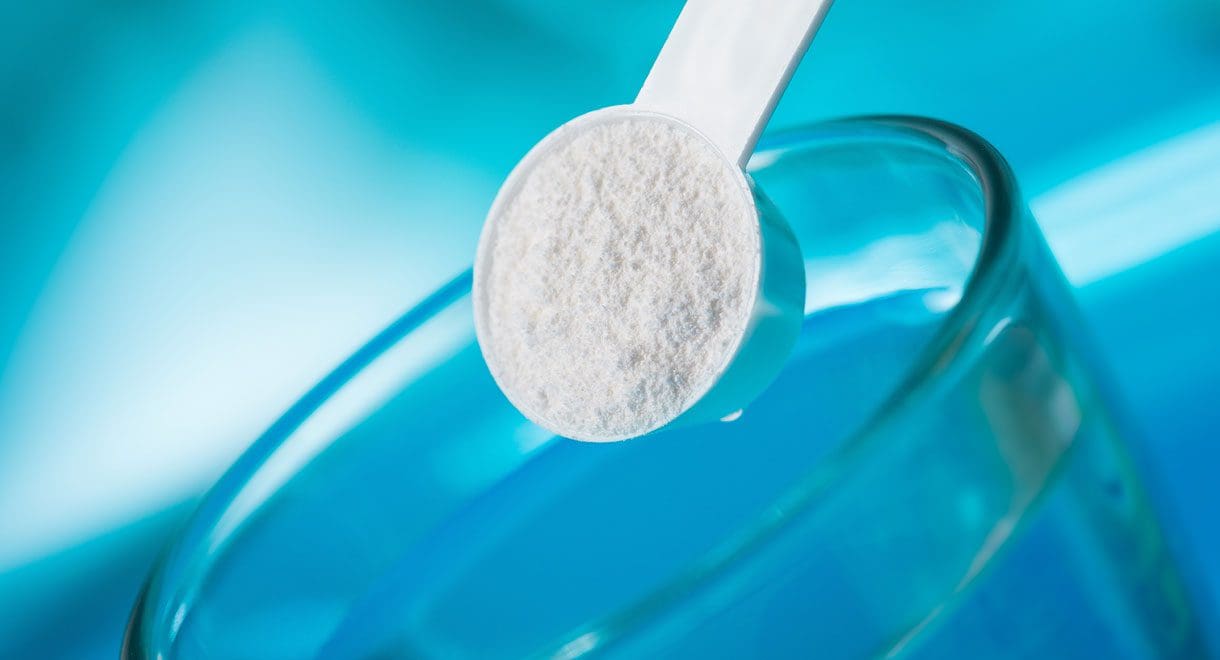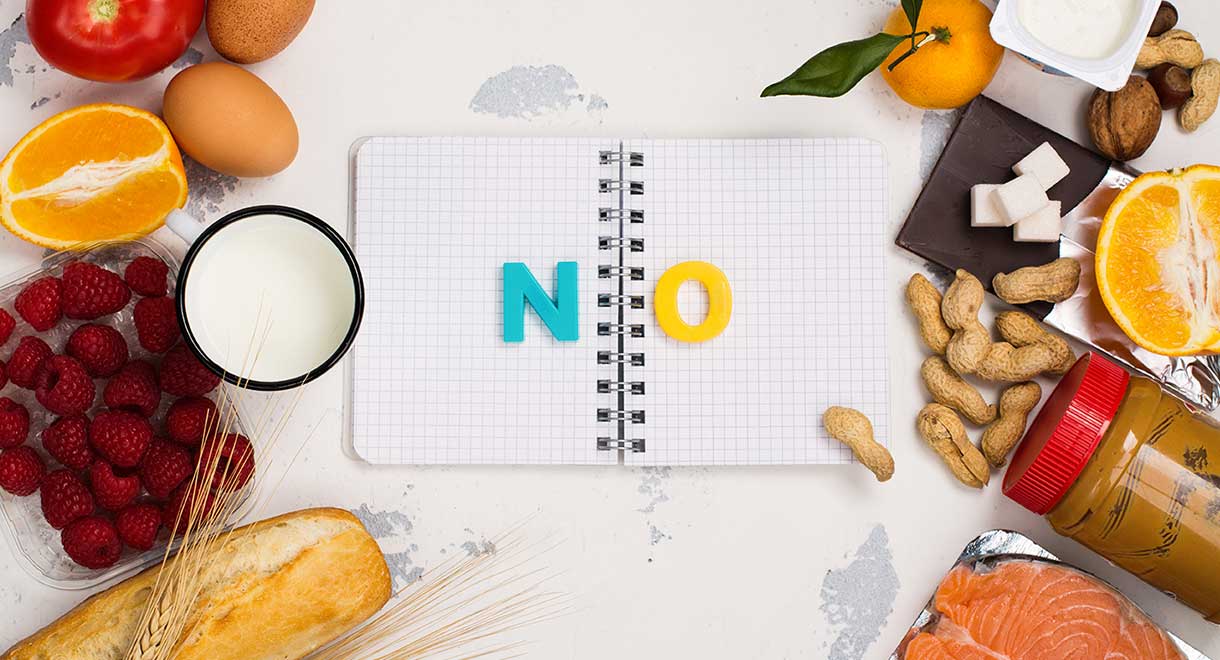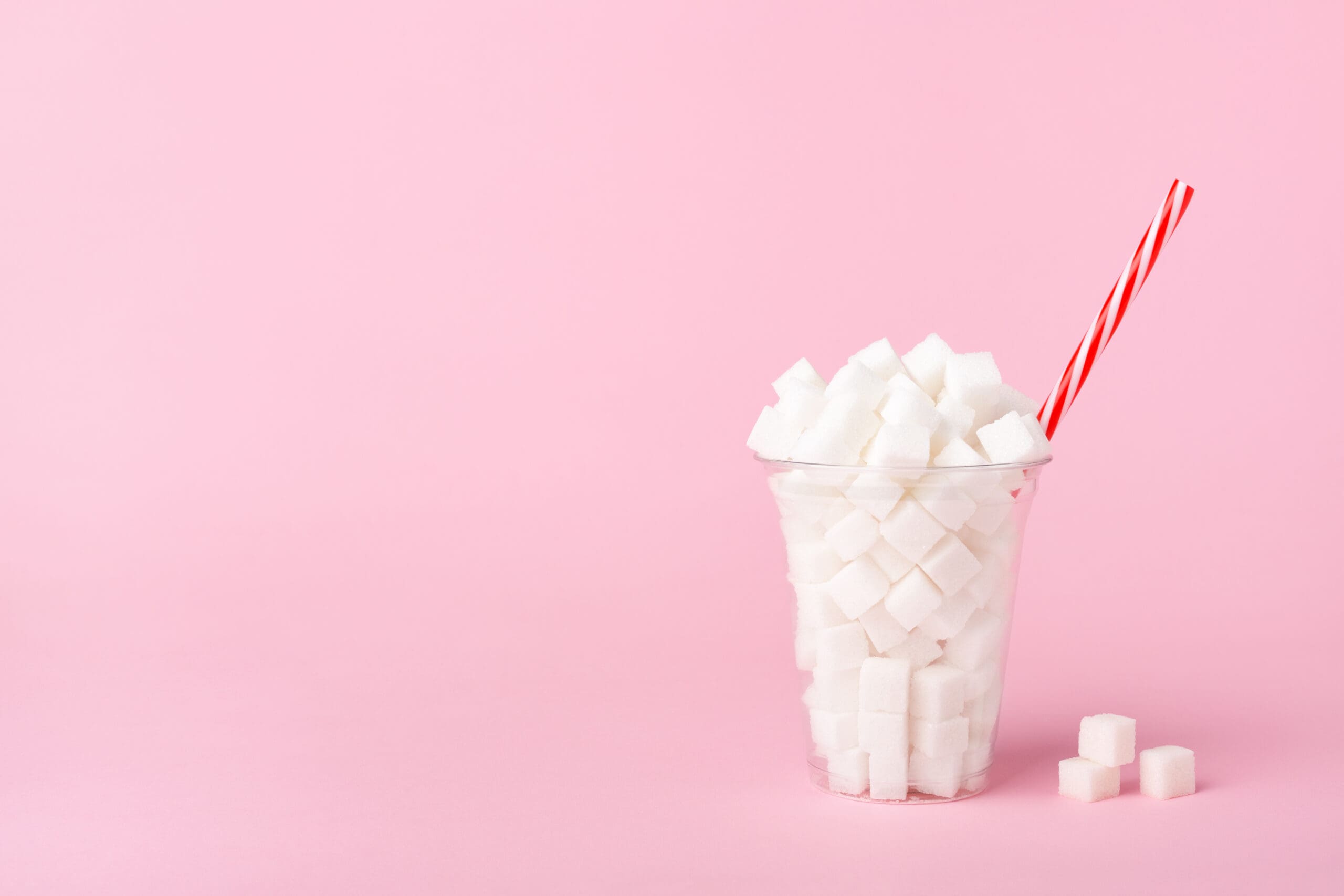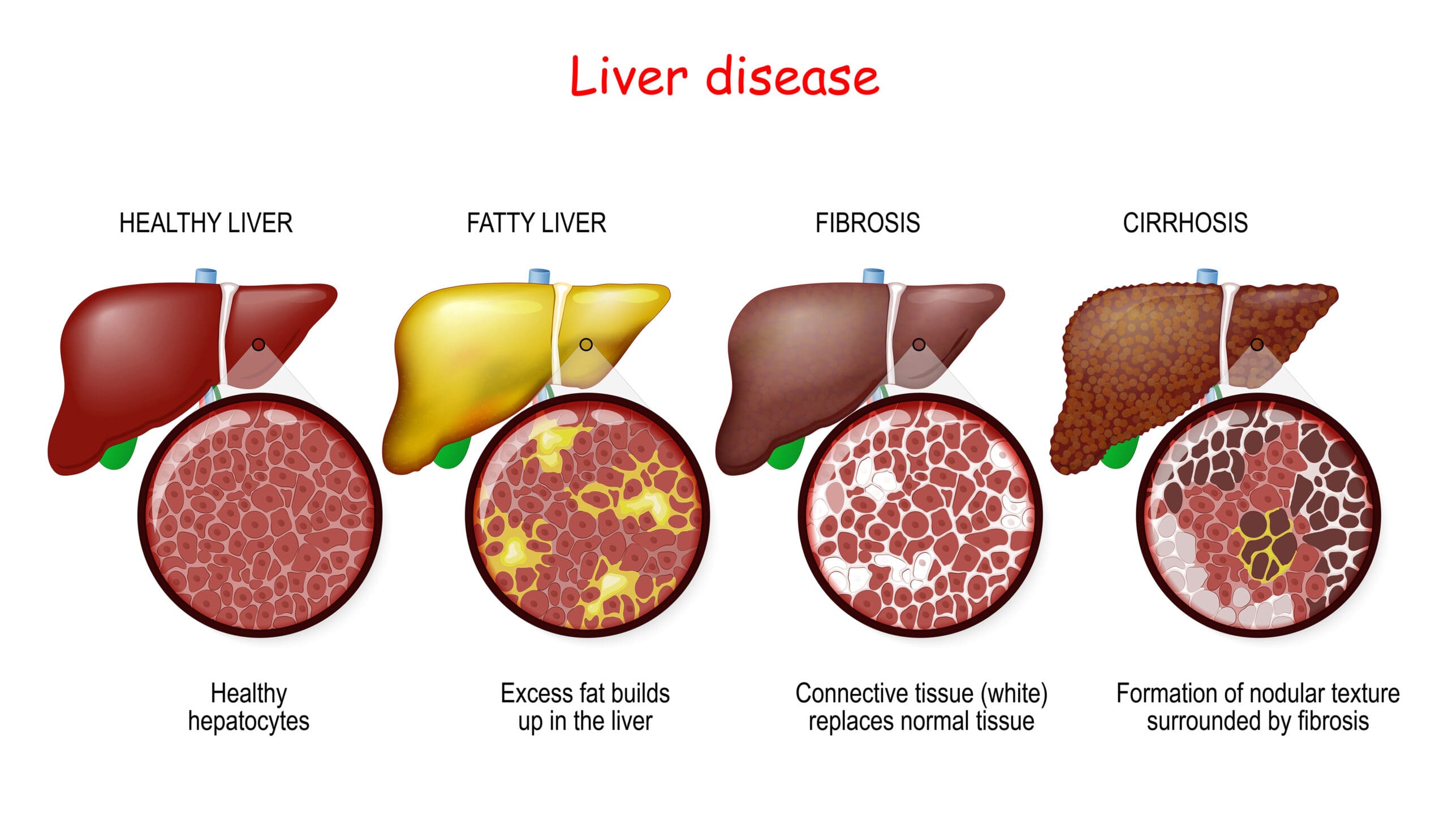Heartburn drugs raise the risk of diabetes
By naturopath Margaret Jasinska
Proton pump inhibitors are a category of medications that block the production of stomach acid. They are some of the most commonly prescribed drugs, given for heartburn and reflux. New research shows they significantly raise the risk of type 2 diabetes. This is a problem because type 2 diabetes is already such a massive worldwide problem.
Chinese researchers looked at data from studies of more than 200,000 United States healthcare professionals and found that regular use of proton pump inhibitors was associated with a 24 percent higher risk of developing type 2 diabetes. The researchers also found that the longer a person used the drugs, the higher their chances of diabetes. This is concerning because once a person starts taking one of these drugs, they typically need to take them for the rest of their life.
Proton pump inhibitors reduce the ability of the stomach to produce acid, and can give symptom relief for a variety of conditions. They are primarily used for the following conditions:
- Gastroesophageal reflux (GORD)why
- Peptic ulcer
- Indigestion
- Heartburn
- Barrett’s oesophagus
- Zollinger-Ellison syndrome
Common brand names include Losec, Zoton, Nexium, Pariet and Prevacid.
Suppressing stomach acid is not a good thing. Stomach acid is very necessary for good, efficient digestion and absorption of protein, vitamins and minerals. It’s not surprising then that long term use of these drugs increases the risk of many nutrient deficiencies, especially magnesium deficiency. Research has linked them with a higher risk of osteoporosis, pneumonia and kidney disease. These drugs may also raise the risk of dementia, because they reduce absorption of B vitamins and they reduce the ability of your brain to manufacture the neurotransmitter acetylcholine.
In most cases, the true cause of heartburn or reflux are poor diet, food allergy or intolerance, imbalanced or overgrown gut bugs, and sometimes obesity. Acid-suppressing drugs take away the symptoms, but they do not address the cause of the condition. Stomach acid is necessary in order to activate digestive enzymes and enable them to extract the nutrients from your meals. Stomach acid is also a good disinfectant. People who take stomach acid blocking drugs are more prone to getting stomach flu, food poisoning, and gastroenteritis. They are also more prone to a condition called SIBO (Small Intestinal Bacterial Overgrowth). This is where bacteria that normally belong in the mouth or in the large intestine migrate into the small intestine. The problem is, these bugs inflame the lining of the intestines and impair nutrient absorption, plus they can actually steal your nutrients and use them for their own metabolism. SIBO typically causes symptoms such as bloating, gas and abdominal discomfort. The herbs in BactoClear capsules help with these symptoms because they have antimicrobial properties.
Natural ways to ease heartburn and reflux
Please don’t discontinue any medication your doctor has prescribed for you. You may find the following strategies helpful:

Glutamine
Glutamine is an amino acid that can reduce irritation in the lining of the stomach and oesophagus, and good results can be achieved by taking one teaspoon twice daily. Glutamine, along with other soothing nutrients are found in Ultimate Gut Health powder.

Avoid drinking with meals
Drink at least 20 minutes away from meals as drinking with meals can dilute digestive enzymes and worsen indigestion.

Have some apple cider vinegar
The exception to the no drinking with meals is organic apple cider vinegar. Apple cider vinegar helps to balance stomach acid and lessen the symptoms of acid reflux. Dilute one to two tablespoons of apple cider vinegar in water and sip slowly during your meals.

Maintain a healthy weight
If you are overweight it is vital to lose weight, and the best way to do this is by consuming a diet low in sugar and carbohydrates, and high in vegetables, protein and good fats.

You may have food sensitivities
Gluten and dairy products cause digestive problems for a lot of people. High FODMAP foods may also be an issue. You may need a consultation with a naturopath to determine your own unique food sensitivities.
Reference:
Arun Swaminath, MD, chief, division of gastroenterology, and director, Inflammatory Bowel Disease Program, Lenox Hill Hospital, New York City; David Bernstein, MD, vice chairman, medicine for clinical trials, chief of hepatology and director, Sandra Atlas Bass Center for Liver Diseases, Northwell Health, Manhasset, N.Y.; Gut, Sept. 28, 2020, online








Hi, Some time ago I thought I was going to die because while eating bread and peanut butter it suddenly stuck in my throat and I could not move it, therefore could not breathe, but thank goodness the food finally came up and I was OK so my doctor put me on Sozol (pantoprazole) 40 mg. once a day. Also Symbicort twice a day to stop phlegm, and I am now on a low FodMap diet as well. Would either the Sozol or the Symbicort be likely to give me diabetes?
Hi Lowana,
Pantoprazole does slightly raise the risk of type 2 diabetes, but there are many risk factors and there is a lot the average person can do to avoid becoming a diabetic. We have written a book called Diabetes Type 2: You Can Reverse It. https://shop.cabothealth.com.au/diabetes-type-2-you-can-reverse-it-naturally
Kind regards,
Margaret